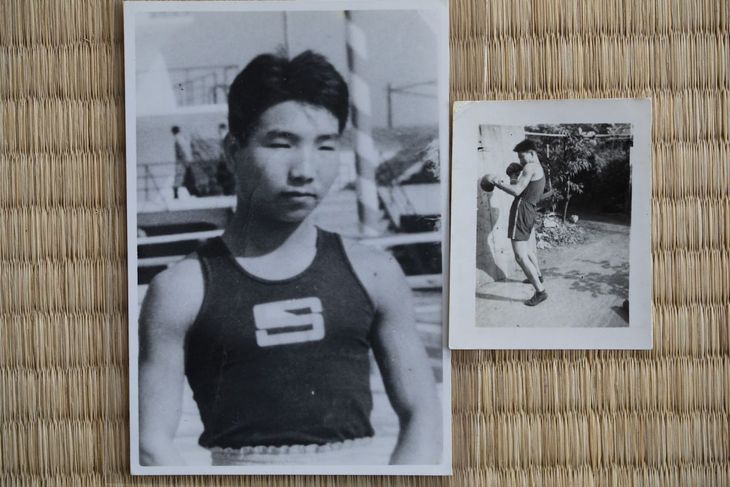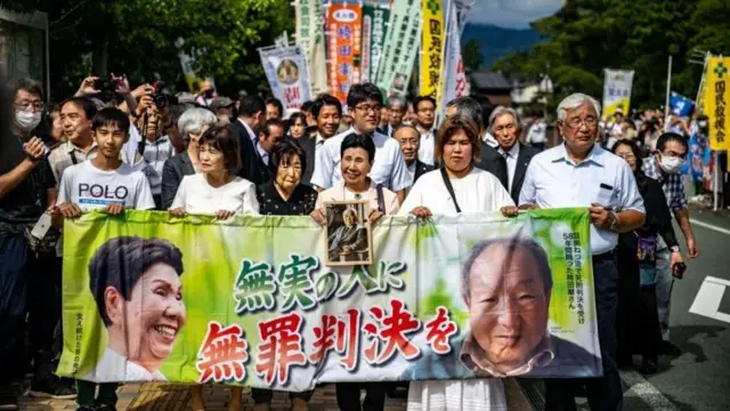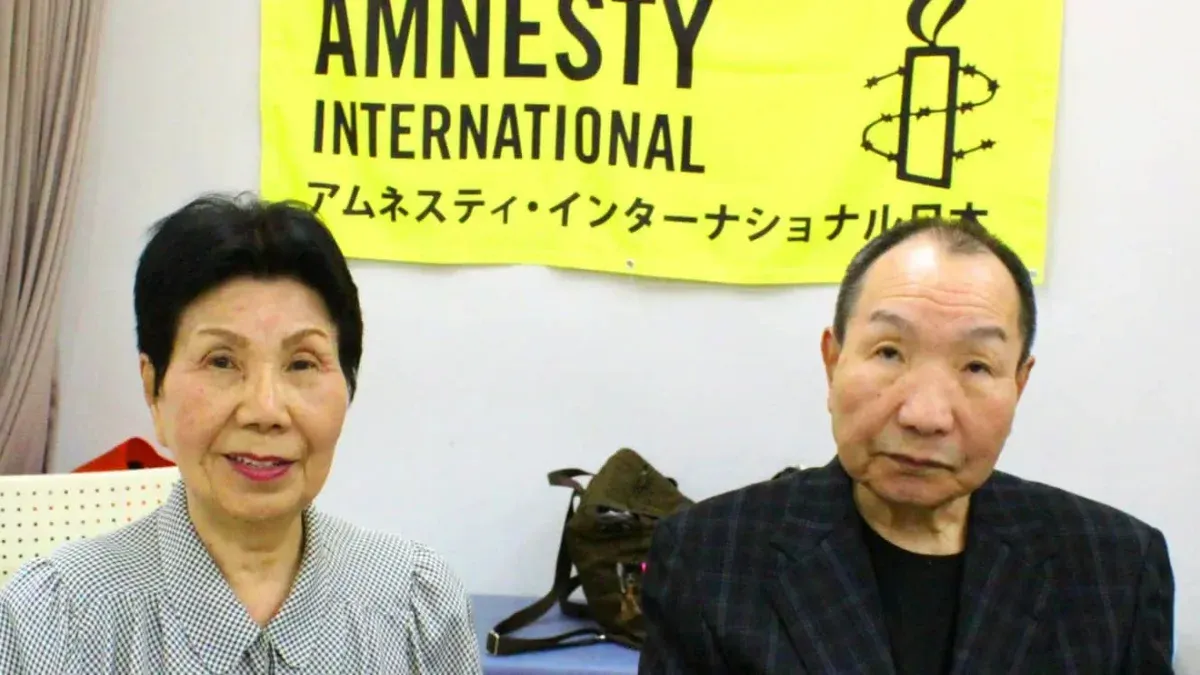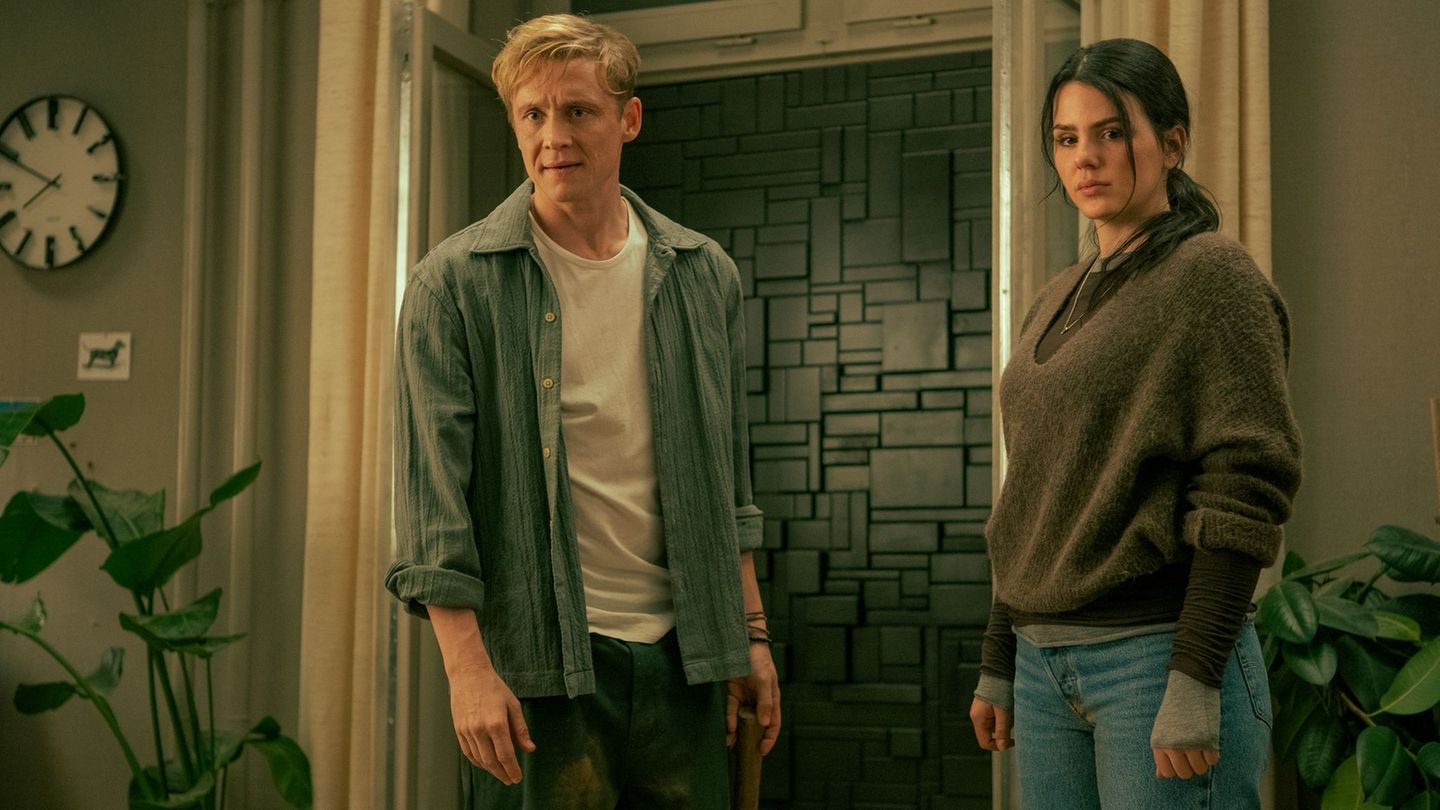a court of Japan decided to acquit this Thursday Iwao Hakamada, sentenced to death more than half a century ago. After being convicted of the murder of his boss, his wife and his two childrenthey discovered that the evidence that was used against them had been counterfeit.
”Banzai“exclaimed the people who were supporting Hakamada, after the verdict was known. The Japanese expression, which means “ Hurrah!”, marked the end of a long fight for the innocence of a man unjustly convicted 56 years ago.
In 2014, after a second appeal filed by his sister in 2008 – since the first was denied by the Supreme Court – he was release granteddue to his fragile health and age, which did not mean a flight risk. In 2023, they finally ruled in his favor, allowing the final trial to occur where his innocence was declared.
hakamada.avif
His sister, Hideko, has been in charge of his care since his release.
Of the 56 years he was sentenced, 48 were spent behind bars, and 45 on death row. This figure makes it the prisoner on death row who stayed there the longestaccording to data from Amnesty International. so many years caused a logical deterioration in his mental healthwhich unfortunately did not improve with his release. Furthermore, this meant that he could not be present at the verdict.
The executions, which are carried out in secret, They are not informed to the prisoners until the morning they are hanged. Although in 2007 they began to reveal some data, there is still a long way to go before it can be considered transparent. Within the G7, Japan and the United States are the only countries that maintain capital punishment. Furthermore, in the Asian country the majority of inhabitants agree with it.
your sister Hideko91 years old, He took care of him, always affirming his innocence. When last year’s trial ended, he said: “Finally a weight has been lifted off my shoulders.” Today, with his innocence declared, he expressed: ”Thank you all, (the victory) is thanks to your support.”said. “Thank you very much for supporting us for so long.”
From the crime he did not commit, to his release
Hakamada, in addition to having been a professional boxer, worked in a miso processing plant (condiment) in 1966. Surprisingly, one day They found the bodies of his boss, his wife and his two childrenwho were recovered from a fire at their home in Shizuoka, west of the capital Tokyo, with stabbings.
The police charged him with the murderin addition to setting the house on fire and stealing cash. Initially, Hakamada denied any type of incrimination, but, due to the interrogations and beatings he received from the authorities, he ended up confessing under duress, something he later revealed.
Two years later, it was found guilty of murder and arson, which earned him the death sentence. At that moment a long battle began, which at any moment Hakamada knew could end with him being executed: “When I go to sleep each night in my lonely, silent cell, sometimes I can’t help but curse God.. I haven’t done anything wrong“, he expressed in a letter, expressing his fear of dying.
young hakamada.jpg

Hakamada was a boxer before working at the miso plant, where he was framed.
cnn
The main evidence shown in the case was around some clothes found in a miso processing tankjust a year after the murder, and used to incriminate him.
The former boxer’s defense claimed that the DNA did not match that of the clothing found, an argument that convinced the judge who ended up releasing him in 2014: “It is unfair to continue detaining the accused, since the possibility of his innocence has been made clear to a respectable degree”the magistrate had stated.
Hundreds of people lined up outside the district court on Thursday hoping to get a seat in the public gallery, while supporters held banners demanding Hakamada’s acquittal.
hakamada support.webp

The case was very important in Japan and Hakamada received a lot of support.
Activists said their ordeal had exposed flaws in Japan’s criminal justice system and the cruelty of capital punishment. ”We are very happy with the court’s decision to exonerate Iwao Hakamada,” he said. Boram JangAmnesty International East Asia researcher.
”After enduring almost half a century of wrongful imprisonment and another ten years of waiting for a new trial, this verdict is an important recognition of the profound injustice he suffered for most of his life. End an inspiring fight to clear his name from his sister Hideko and all those who supported him. As we celebrate this long-awaited day of justice for Hakamada, we remember the irreversible damage caused by the death penalty. We strongly urge Japan to abolish the death penalty to prevent this from happening again,” he asked.
Source: Ambito
I am a 24-year-old writer and journalist who has been working in the news industry for the past two years. I write primarily about market news, so if you’re looking for insights into what’s going on in the stock market or economic indicators, you’ve come to the right place. I also dabble in writing articles on lifestyle trends and pop culture news.




